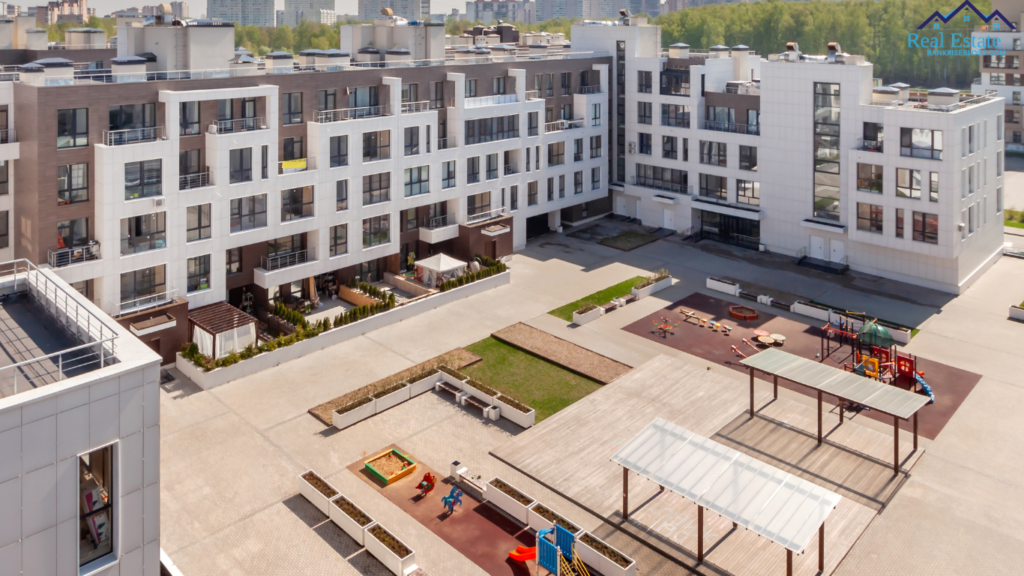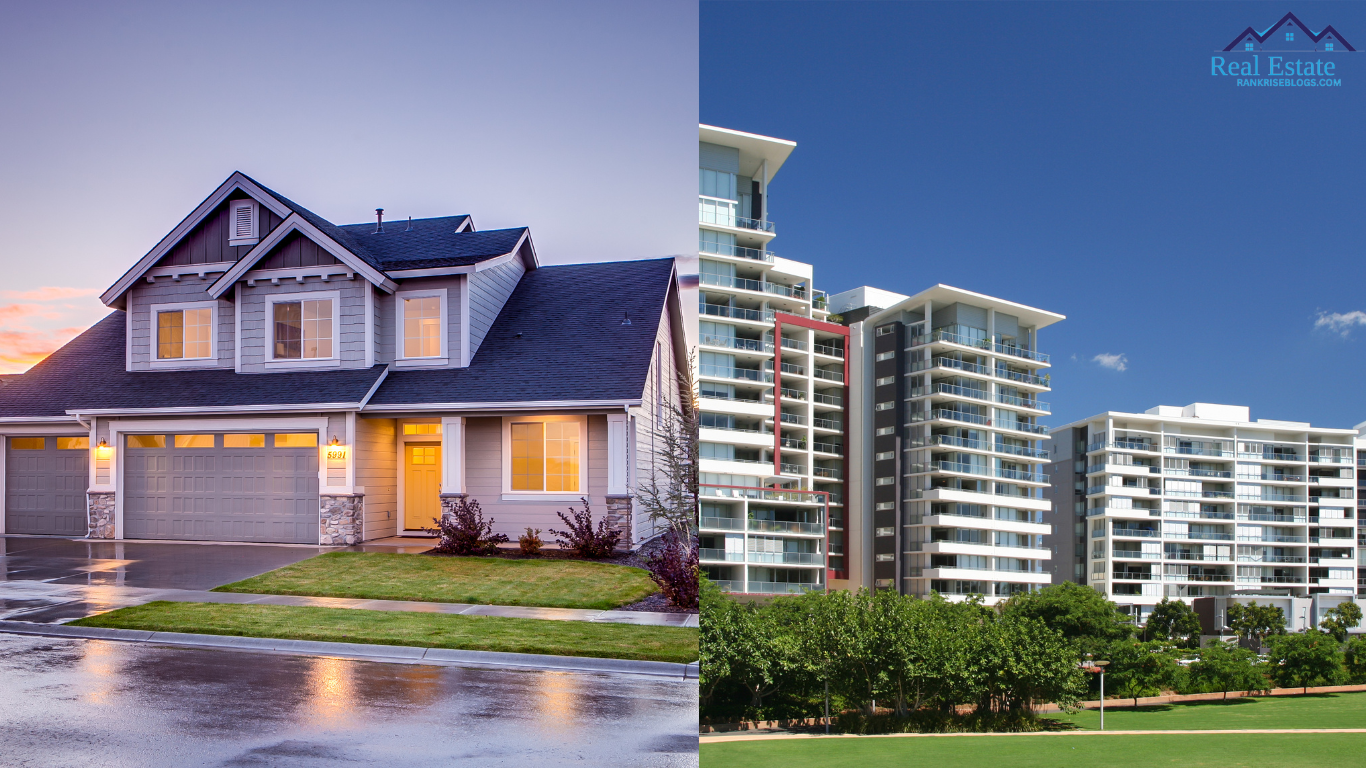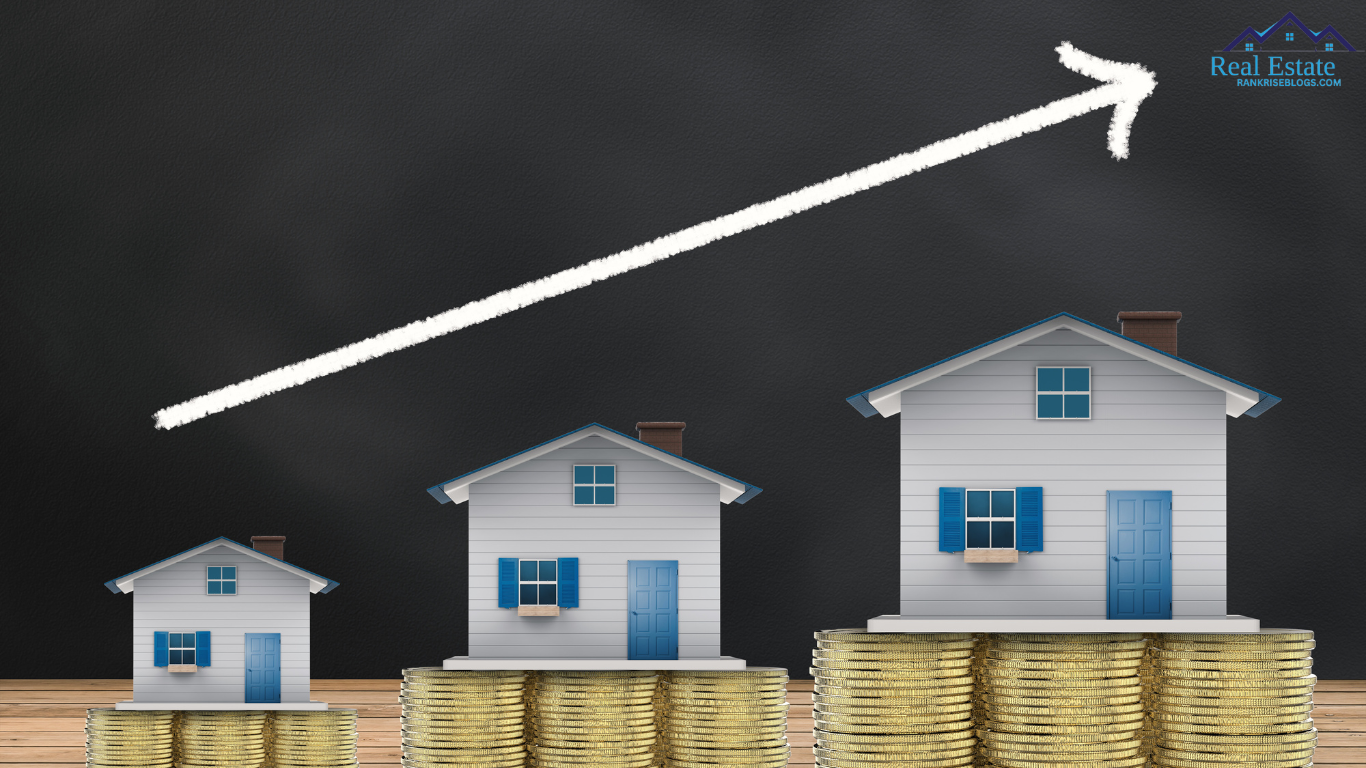Introduction
Property investment is one of the most reliable ways to grow your wealth and secure your financial future. Whether you’re new to the world of real estate or looking to expand your portfolio, understanding the different types of property investment is essential. With various options available, such as residential properties, commercial real estate, and even land investments, it can be overwhelming to decide where to start.
In this comprehensive guide, we’ll walk you through 7 popular property investment types, explaining how each works, their potential returns, and what to consider before diving in. Whether you’re looking for passive income, high returns, or long-term capital growth, there’s a property investment strategy that fits your goals. Let’s explore the best types of property investments and help you make informed decisions to achieve financial success.
1. Residential Property Investments
This is the most popular type of property investment. It involves buying homes or apartments to rent out or sell later at a higher price.
Examples of Residential Properties:
- Single-family homes
- Apartments
- Condominiums
- Vacation rentals
Why Invest in Residential Properties?
- Steady Income: Rent payments can provide consistent cash flow.
- High Demand: People always need places to live.
- Growth Potential: Property values usually increase over time.
Things to Consider:
- Maintenance costs can add up.
- Tenant management can be time-consuming.
2. Commercial Property Investments
Commercial properties are buildings used for business purposes, like offices, shops, or warehouses. These investments often come with higher risks but also higher rewards.
Examples of Commercial Properties:
- Office buildings
- Retail spaces
- Industrial warehouses
- Shopping malls
Why Invest in Commercial Properties?
- Higher Returns: Commercial tenants often pay more than residential tenants.
- Longer Leases: Businesses usually sign long-term rental agreements.
- Fewer Tenants: A single commercial tenant can occupy a large space.
Things to Consider:
- Requires more upfront capital.
- Sensitive to economic downturns.

3. Industrial Property Investments
Industrial properties are used for manufacturing, storage, or distribution. These investments might not be as glamorous as residential or commercial properties, but they can be very profitable.
Examples of Industrial Properties:
- Factories
- Distribution centers
- Storage units
- Data centers
Why Invest in Industrial Properties?
- Low Maintenance: Tenants often handle repairs and maintenance.
- Stable Tenants: Businesses in these spaces tend to stay for years.
- High Demand: E-commerce growth has increased the need for warehouses.
Things to Consider:
- Niche market with fewer buyers.
- Zoning laws and regulations may apply.
4. Real Estate Investment Trusts (REITs)
Don’t want to own physical property? REITs allow you to invest in real estate without the hassle of being a landlord. These are companies that own and manage properties and share their profits with investors.
Why Invest in REITs?
- Easy to Start: Buy shares like you would with stocks.
- Diversification: Invest in multiple properties through one REIT.
- Liquidity: Sell your shares anytime.
Things to Consider:
- Returns depend on market performance.
- Less control over individual properties.
5. Land Investments
Buying land is another form of property investment. While it doesn’t provide immediate cash flow, it can be highly profitable if the land’s value increases over time.
Types of Land Investments:
- Residential lots
- Farmland
- Timberland
- Undeveloped land
Why Invest in Land?
- Low Competition: Fewer people invest in raw land.
- Potential for Development: Sell to builders or developers for profit.
Things to Consider:
- No rental income.
- May take years to see a return.
6. Fix-and-Flip Properties
This strategy involves buying undervalued homes, fixing them up, and selling them for a profit. It’s a great option for investors who enjoy hands-on projects.
Why Invest in Fix-and-Flip?
- Quick Profits: Earn money in a shorter time frame.
- High ROI: Renovations can significantly increase property value.
Things to Consider:
- Requires renovation skills or hiring contractors.
- Market risks can affect profit margins.
7. Short-Term Rental Investments
Platforms like Airbnb and Vrbo have made short-term rental investments a popular choice. These properties are rented out for days or weeks at a time.
Why Invest in Short-Term Rentals?
- High Income Potential: Charge premium rates for short stays.
- Flexibility: Use the property yourself during downtime.
Things to Consider:
- Requires active management.
- Regulations in some cities may limit short-term rentals.
Which Type of Property Investment Is Right for You?
Choosing the best investment depends on your goals, budget, and risk tolerance. Here are a few tips to help you decide:
- For Beginners: Start with residential properties or REITs.
- For High Returns: Consider commercial or industrial properties.
- For Hands-On Investors: Try fix-and-flip or short-term rentals.
- For Long-Term Growth: Invest in land or residential properties.
FAQs
1. What is the safest type of property investment?
Residential properties are often considered the safest because of consistent demand and lower risk compared to commercial properties.
2. Can I invest in property with little money?
Yes! You can start with REITs or partner with others to pool resources for larger investments.
3. How do I choose the right location for property investment?
Look for areas with population growth, job opportunities, and good infrastructure. Research local market trends.



